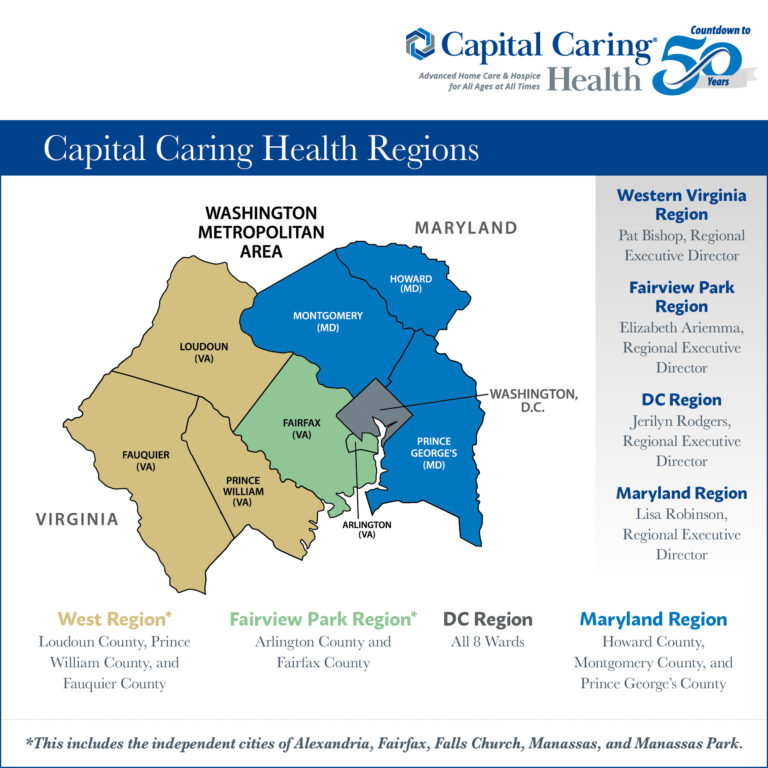
How Many Hours Can a PRN Work a Week?
Imagine working in the healthcare industry, with the freedom to choose your hours and schedule. As a PRN (pro re nata) nurse, you have the flexibility to work as many or as few hours as you want, providing much-needed support to healthcare facilities when they need it most. But what exactly are the limits when it comes to working hours for a PRN nurse? In this comprehensive guide, we’ll explore the ins and outs of PRN work schedules, providing you with all the information you need to make informed decisions about your work-life balance.
PRN Work: A Flexible Approach to Nursing
PRN nurses are healthcare professionals who work on an as-needed basis, filling in for absent or short-staffed nurses. This flexible work arrangement offers several benefits, including the ability to set your own hours and work only when you’re available. Whether you’re a student nurse looking to gain experience or a seasoned healthcare professional seeking a work-life balance, PRN nursing provides a unique opportunity to tailor your work schedule to your personal life.
Understanding PRN Work Schedules
As a PRN nurse, you have the freedom to work as many or as few hours as you want, but healthcare facilities typically have their own policies regarding the maximum number of hours a PRN nurse can work per week. These limits vary depending on the facility, state regulations, and the specific needs of the department. In general, PRN nurses can work up to 40 hours per week, but some facilities may allow more or less depending on their staffing needs.
It’s important to note that PRN nurses are not considered full-time employees and are therefore not eligible for benefits such as health insurance or paid time off. However, some facilities may offer benefits to PRN nurses who work a certain number of hours per week.
Tips for Managing Your PRN Work Schedule
- Communicate your availability clearly: Let the facility know your preferred hours and days of the week. This will help them schedule you when they need you most.
- Be flexible: While PRN nurses have the freedom to set their own hours, they should also be willing to be flexible and work when the facility needs them most.
- Set boundaries: Don’t overcommit yourself. It’s important to set limits on your work hours to avoid burnout.
- Prioritize your personal life: PRN nursing offers flexibility, but it’s important to prioritize your personal life and make time for activities outside of work.
- Network with other PRN nurses: Connect with other PRN nurses to share schedules and cover for each other when needed.
Frequently Asked Questions about PRN Work Hours
Q: What are the typical work hours for a PRN nurse?
A: PRN nurses can work up to 40 hours per week, but some facilities may allow more or less depending on their staffing needs.
Q: Are PRN nurses eligible for benefits?
A: PRN nurses are not typically eligible for benefits, but some facilities may offer benefits to PRN nurses who work a certain number of hours per week.
Q: How can I find PRN nursing jobs?
A: PRN nursing jobs can be found through job boards, staffing agencies, and directly through healthcare facilities.
Q: What are the benefits of PRN nursing?
A: PRN nursing offers flexibility, the ability to set your own hours, and the opportunity to work in different healthcare settings.
Conclusion
PRN nursing offers a unique opportunity for healthcare professionals to have a flexible work schedule while still providing much-needed support to patients. By understanding the limits on work hours for PRN nurses and following the tips outlined above, you can effectively manage your work-life balance and make the most of your PRN nursing career.
Are you interested in learning more about PRN nursing or exploring PRN nursing jobs in your area?

Image: reddit.com

Image: capitalcaring.org
Types of Work Schedules – Buddy Punch Nov 7, 2023Many employers offer benefits for part-time employees, including paid time off, health insurance, and retirement plans, and the employee works between 20-40 hours per week. PRN nurses will rarely see any of those benefits, especially health insurance. PRN Nurse vs. Registered Nurse. Nurses at all education and licensure levels can become PRN